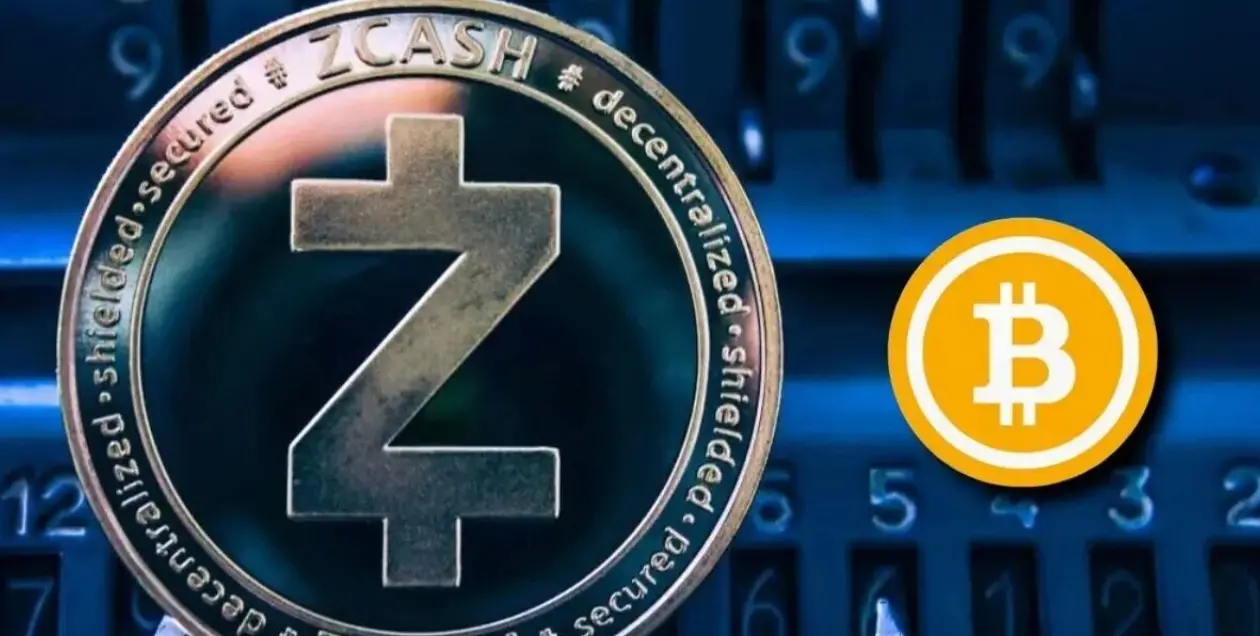Buterin flags yield gap in prediction markets as debate over their role intensifies
Ethereum co-founder Vitalik Buterin weighed in on the growing debate over prediction markets, warning that the absence of interest-bearing mechanisms makes them unappealing for risk-averse traders.
In a post on Farcaster, Buterin said the lack of yield forces participants to sacrifice guaranteed returns elsewhere, such as the 4% annual yield available on dollars, just to take part.
He suggested that once markets solve the interest gap, “lots of hedging use cases” could emerge, driving greater volumes and adoption.
Critics see structural flaws
Buterin’s comments came as online discussion flared over the risks and potential of platforms like Polymarket and Kalshi.
The exchange was sparked by an essay from former quant trader Agustin Lebron, who argued that prediction markets are structurally flawed and could destabilize society by encouraging reflexive feedback loops between bets and real-world outcomes.
Lebron contended that prediction markets lack the diverse mix of hedgers, speculators, and institutional investors that underpin traditional financial markets.
He argued that without hedgers transferring risk, prediction markets devolve into contests between sharp traders and retail gamblers, leaving little room for sustainable liquidity.
Supporters push back
His critique drew a detailed rebuttal from pseudonymous trader, who disclosed financial interests in the sector.
In a lengthy response, he argued that Lebron’s view underestimates the long-term potential for prediction markets to provide valuable hedging tools for businesses, industries, and individuals exposed to real-world risks.
He wrote:
“Airlines face hurricanes, utilities face unpredictable temperatures, and energy firms face shifting OPEC quotas.”
He further suggested that prediction markets could offer a cheaper and more direct way to hedge against such events than existing financial instruments.
With Buterin highlighting missing yield and both sides of the debate staking out starkly different positions, prediction markets appear caught between two futures: one as a niche form of speculative entertainment, the other as a legitimate tool for risk transfer and price discovery.
The post Buterin flags yield gap in prediction markets as debate over their role intensifies appeared first on CryptoSlate.
Disclaimer: The content of this article solely reflects the author's opinion and does not represent the platform in any capacity. This article is not intended to serve as a reference for making investment decisions.
You may also like
The hidden narrative behind ZEC's surge: The migration of a safe haven for "Chen Zhi and Qian Zhimin"
Bitcoin serves as insurance against fiat currency; Zcash (ZEC) is insurance against Bitcoin.

Eight Years of Solana: Anatoly Shares the Behind-the-Scenes Story
With such an outstanding founder and product, why hasn’t the token price increased?

Info Finance Prototype: How Can Prediction Markets Evolve from "Betting on the Future" to "Influencing the Future"?
When "using money to influence outcomes" becomes profitable, prediction markets gain the power to change facts.

Global crash: What exactly happened?
Global plunge, everyone is comparing losses.

